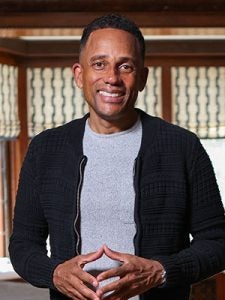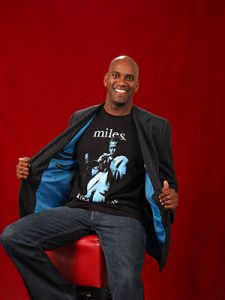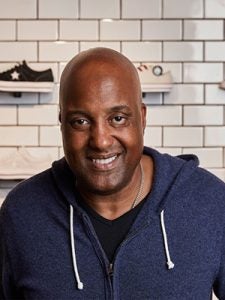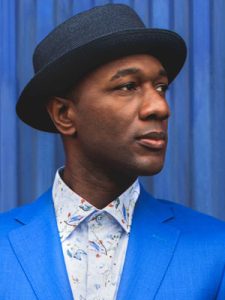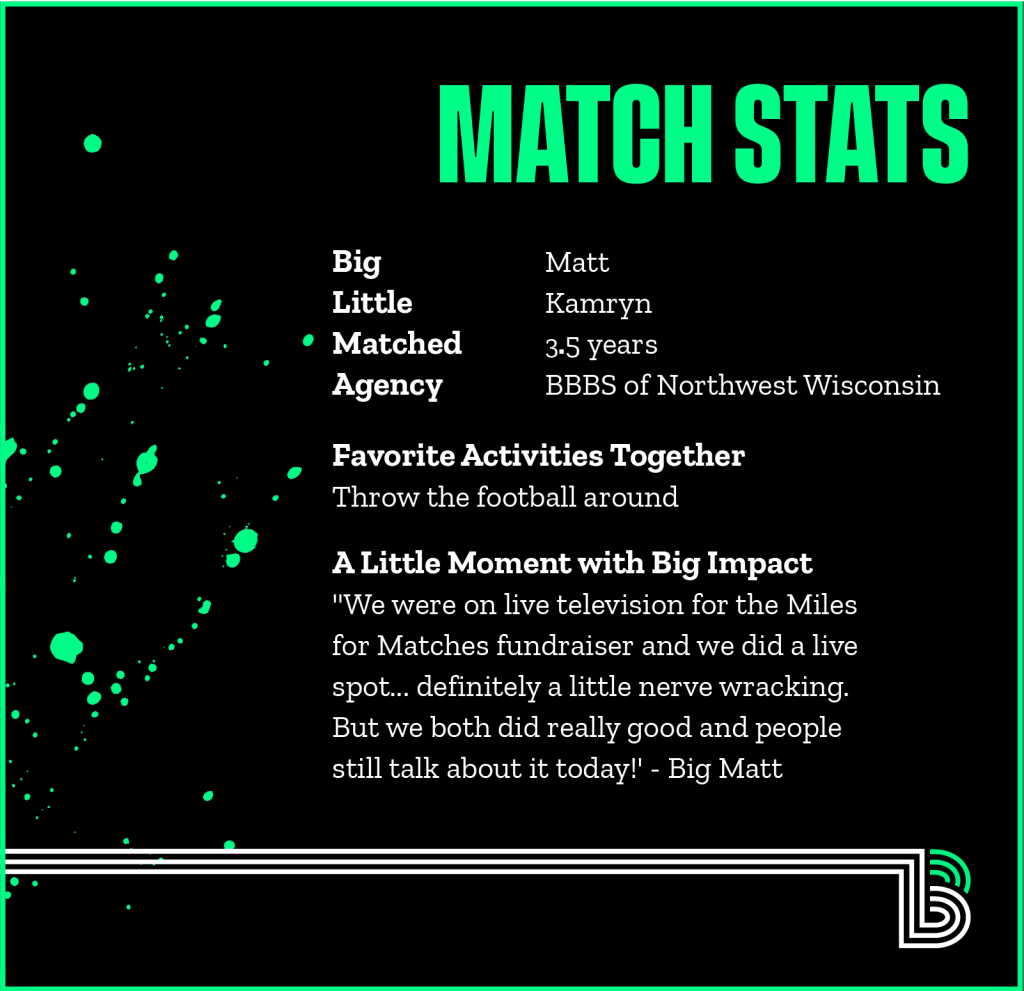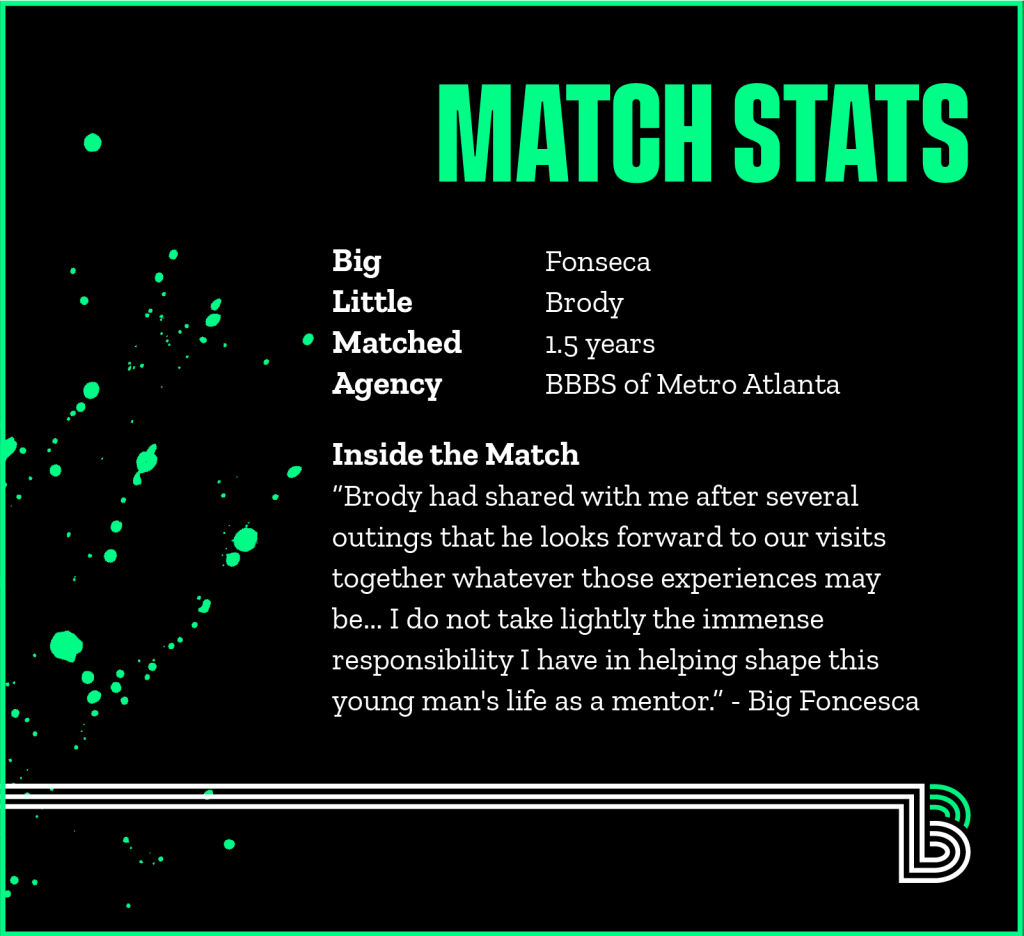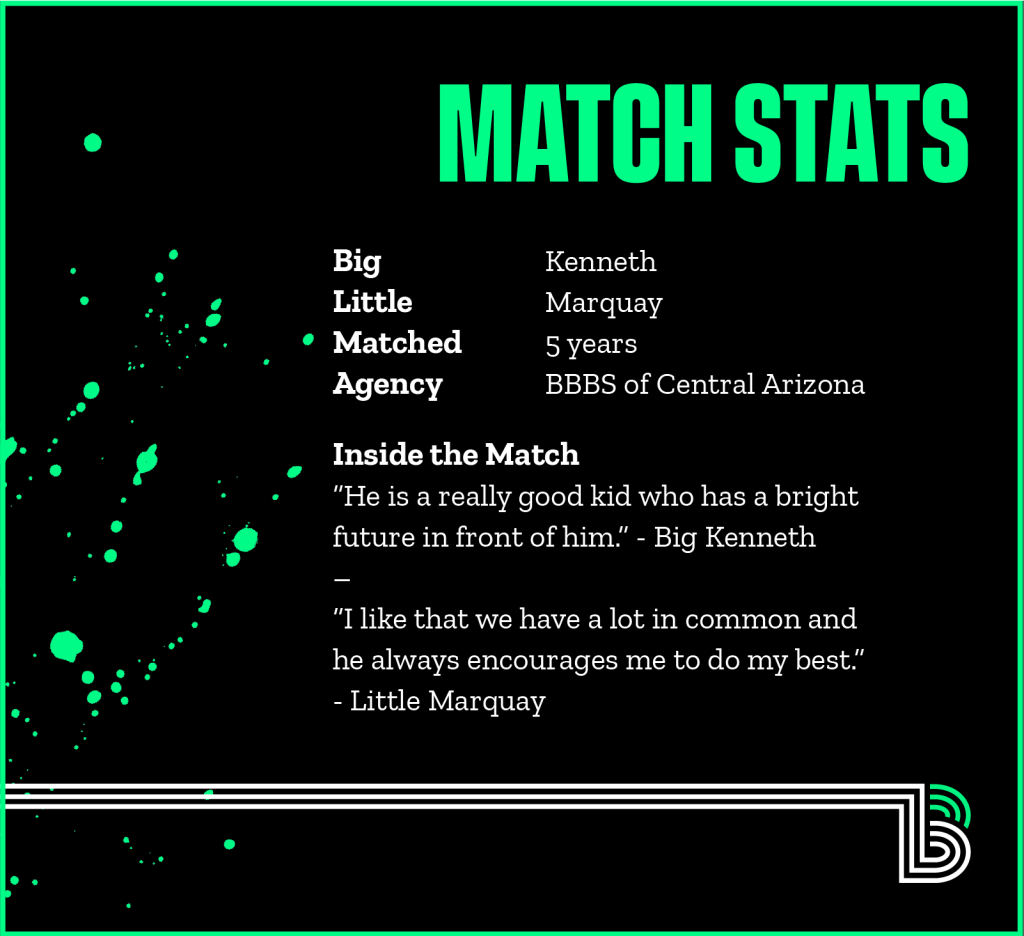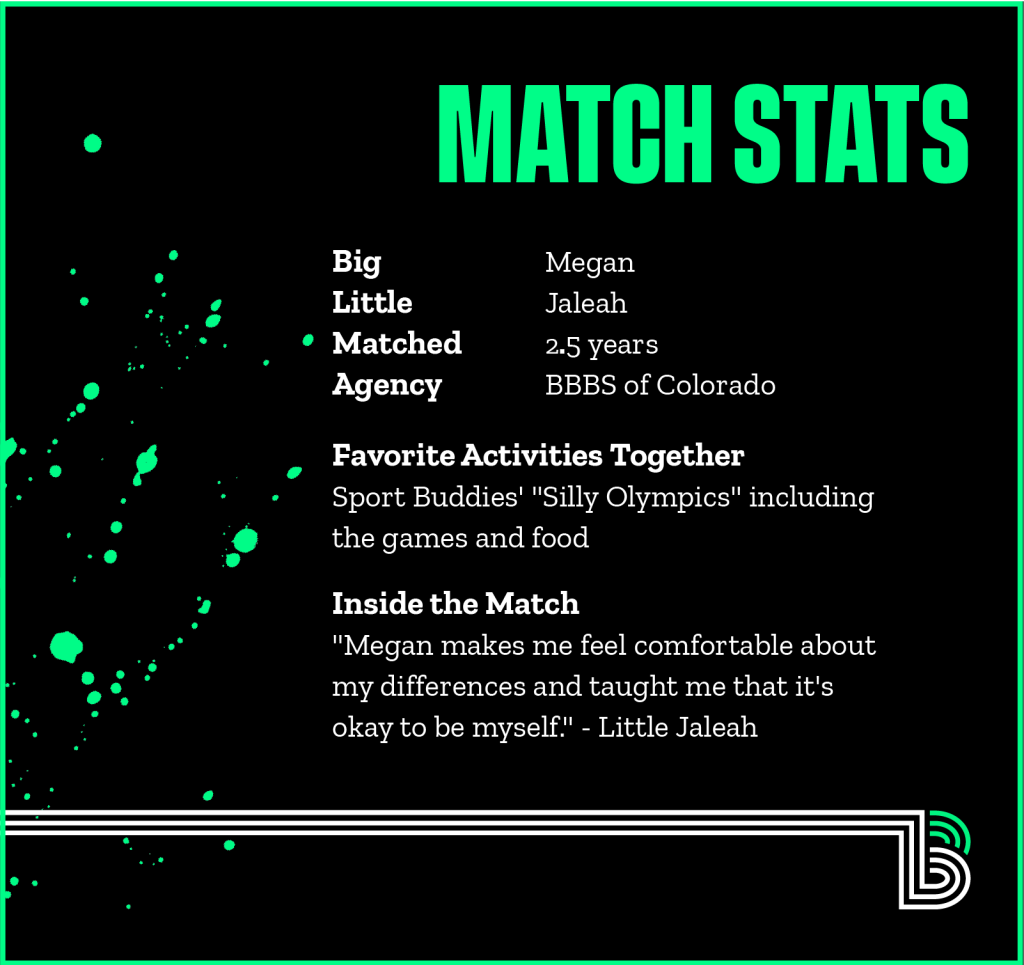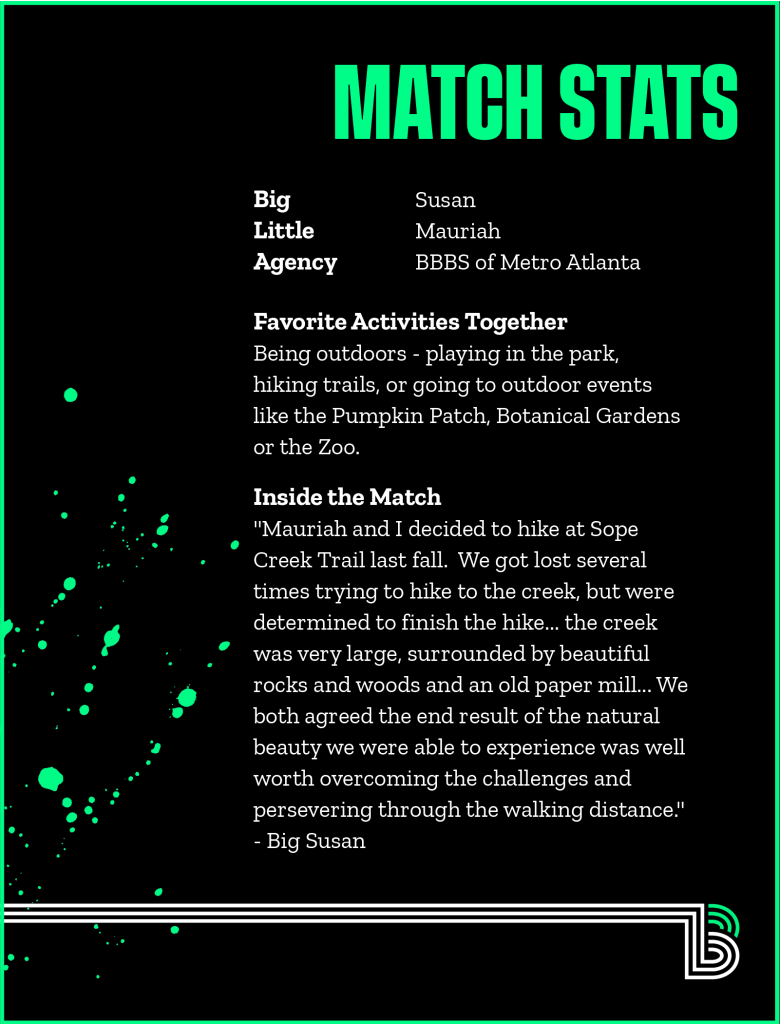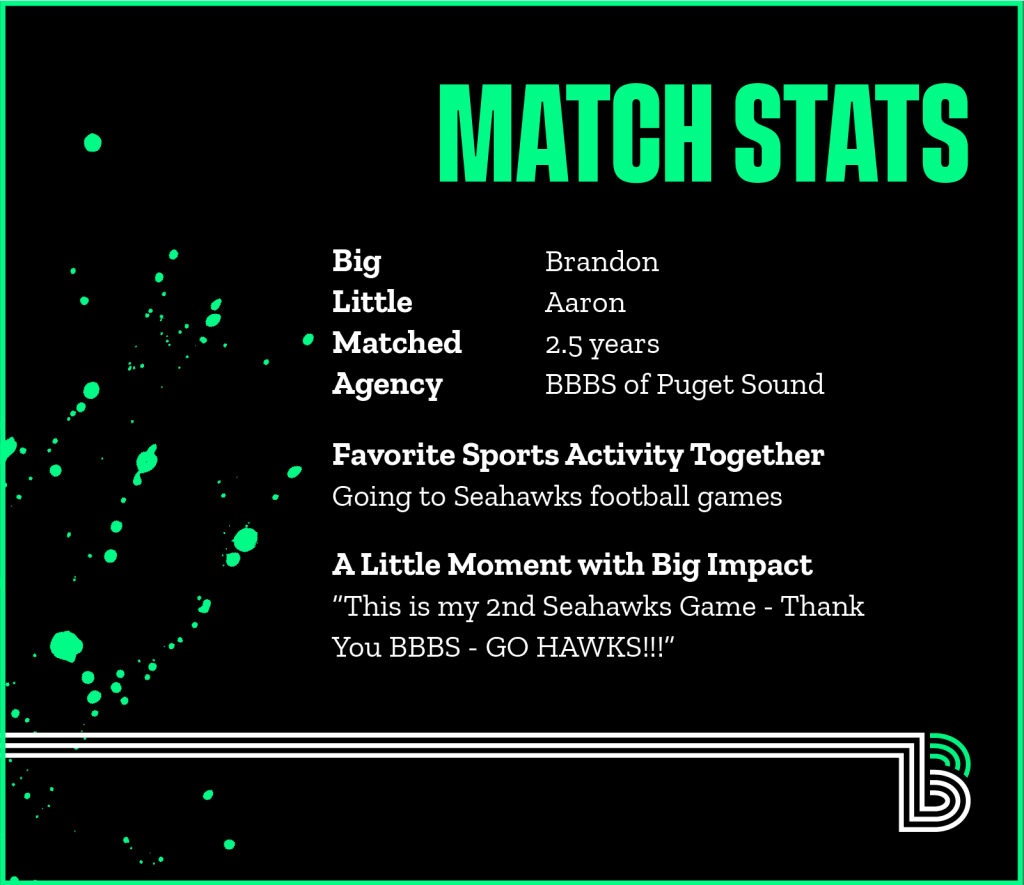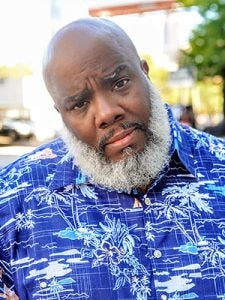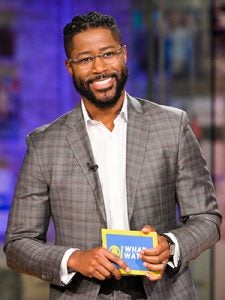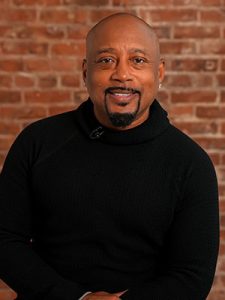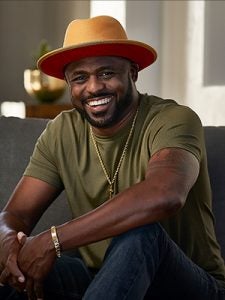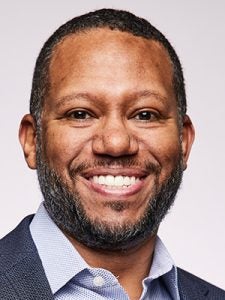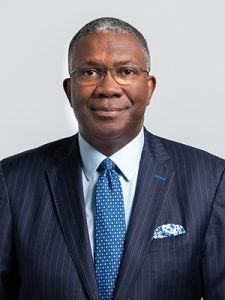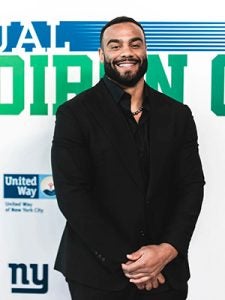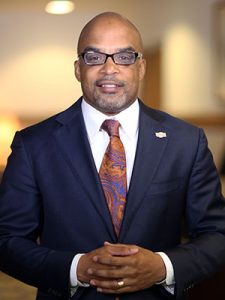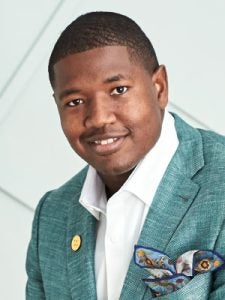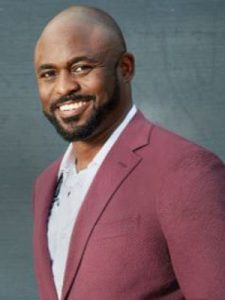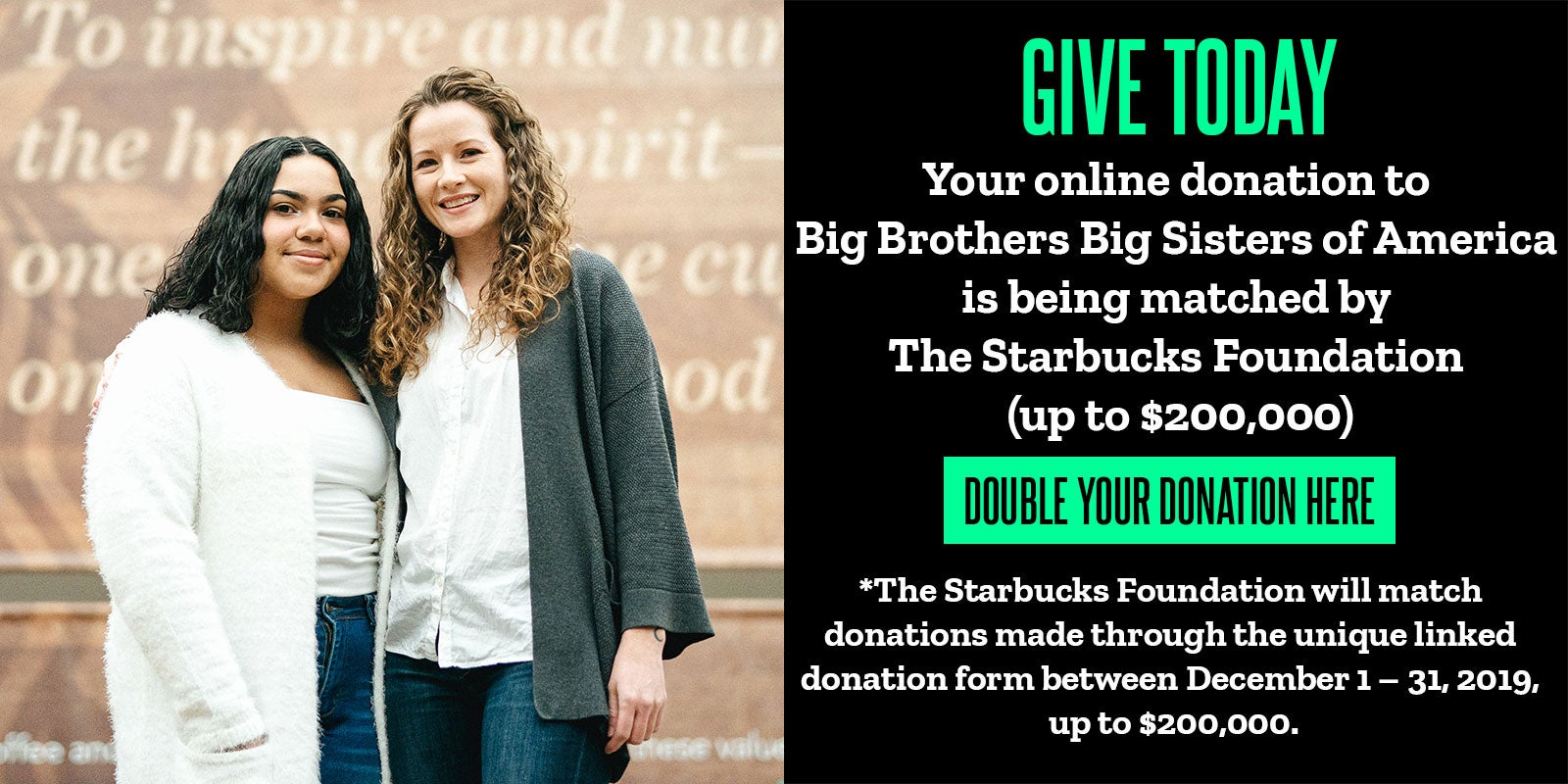To continue delivering critical services, nonprofits face an indisputable digital transformation
Across the nonprofit sector, the Covid-19 pandemic has created a bracing wake-up call, as leaders realize they must pivot to digital—fast. In the rush to create remote workplaces and move programs online, it has become clear that adopting digital capabilities is not merely a method for staying relevant during shelter-in-place, it’s essential for surviving beyond the crisis.
“There is a heightened awareness in the nonprofit sector for the need to digitally adapt as the world around us changes,” says Adrian Ruddock, Director of Information Services at UK-based NCS Trust, who has worked in the sector for 20 years.
Not only do they need to pivot fast, but many nonprofits need to do so with fewer resources. While volunteers provide critical support for nonprofits, social distancing has dramatically reduced in-person volunteering. In fact, a report from VolunteerMatch found that 93% of nonprofits saw volunteer cancellations during Covid-19.
Despite these new challenges, nonprofits’ resilience has shown through as they continue to support their clients and those most vulnerable during the pandemic.Empowering engagement
On the other hand, organizations that already have a digital strategy in place are not only weathering the crisis, they are actually enhancing their long-term operations.
NCS Trust demonstrated their “No We Can” attitude and digital superpower first-hand, after they had to completely re-imagine the organization’s core service—offering U.K. 16- and 17-year-olds summer experiences that typically include outdoor activities like climbing and kayaking and community-service projects like working at food banks and charity shops.
“It’s impossible to replace an in-person experience, but what isn’t impossible is in this moment is to give young people a taste of the NCS experience and the confidence they need to realise their potential,” says Craig Hayward, NCS Trust’s Director of Digital Customer Engagement.
Using Salesforce.org technology for nonprofits, they were able to deliver a reimagined experience this summer. The team created a digital platform to manage the key stages and aspects of the customer journey with Salesforce Communities. Participants connected on shared interests, from cooking to climate change. NCS Trust used a variety of customer feedback tools to better understand the young people and their interests, which enabled them to improve their programming and content offering on a continual basis. Using Salesforce Marketing Cloud Journey Builder, NCS Trust delivered a customer contact strategy to improve engagement.
The activities, including webinars and discussion boards were an instant hit. NCS Trust saw a 180 percent increase in digital engagement compared with last year, with participants spending nearly twice as much time with the content than they did previously. As a result of this success, NCS Trust plans to incorporate the digital content into its core programming, using the platform to engage with participants well in advance of the summer seasons.
The NCS Trust activities surrounding community service were especially popular, which underscores an important bright spot of this moment. “There’s more appetite for young people to help communities recover from this difficult time” says Ruddock.Facilitating better support
Even before pandemic struck, the Salesforce.org Nonprofit Trends Report found that 75 percent of nonprofits saw an increased demand for their programs in the past five years. As more people fall into vulnerability due to the pandemic—becoming sick, losing jobs, facing eviction—that demand will continue to rise.
At Big Brothers Big Sisters of America (BBBSA), administrators quickly realized they’d need to fill in many gaps for the young people who participate in their one-on-one mentoring programs. The team needed to move these in-person relationships online—training volunteers in the nuances of safely connecting over Zoom rather than, say, a baseball game. At the same time, BBBSA had to safeguard the 36,000 children still awaiting a match.
To keep families engaged, BBBSA hosted Zoom game nights. Their local chapters also worked with local food banks to ensure that kids missing out on school lunch and breakfast programs had enough to eat. “We had wraparound services before, but now it has become so much more important and so much more prevalent,” says Jarrod Bell, BBBSA’s Chief Technology Officer.
While BBBSA already had a strong digital infrastructure, Bell says the pandemic compelled them to fast-track plans to keep their Bigs and Littles connected with Community Cloud. Rather than a monthly check-in call with mentors —“Bigs”—they are developing a system that facilitates same-day status updates. If the Big reports that the Little was concerned about an upcoming math test, for example, BBBSA can quickly enlist a math-support specialist to assist.
BBBSA is also building systems to provide Bigs with more data on the Littles’ progress—for example, if their grades rise or they’re elected to student government.
“You’re in this relationship, and it’s emotionally fulfilling, but to have it backed up with data proving you’ve had a positive impact in this Little’s life – that is huge,” says BellUpgrading quickly
Even organizations that previously had no digital program were able to quickly make the switch. Prior to the pandemic, Age UK Hythe and Lyminge used pen-and-paper to organize their phone-calling service. After the lockdowns began, their vulnerable clients needed more assistance than ever. AgeUK connected with more than 18,000 elderly members of the community to offer support and ensure that their clients, all over 70 years old, were safe. At the same time they were faced with mobilizing a recent influx of volunteers to perform tasks like grocery shopping and fetching prescriptions.
So using Salesforce.org Nonprofit Cloud, administrators quickly implemented a digital system that enables volunteers to call beneficiaries from their homes, providing real-time status updates to determine who needs support. “It was instant,” says Hayley Ross, Age UK Hythe and Lyminge Service Manager. “There wasn’t any delay in identifying what the clients needed and then getting them help.”
By August, 150 Age UK Hythe and Lyminge volunteers had called more than 18,000 clients and completed nearly 20,000 support tasks.Digital programs bring lasting benefits
For NCS Trust, BBBSA, and Age UK Hythe and Lyminge, the pandemic created the incentive to implement or enhance digital programs. These changes will continue to benefit these organizations and their constituents in the long term. NCS Trust is using its digital platform to create more enduring relationships with their participants. BBBSA is deepening the relationships its Bigs and Littles have with the organization and each other. And Age UK can now get help to their vulnerable clients at a speed they never imagined before.
Despite new challenges and resource constraints, many nonprofits are embracing technology to prepare for a more resilient future.
“You don’t have to have all the resources under the sun to be successful. You just have a mindset and a culture that allows you to adapt and move quickly,” says Bell. “If we do that, as a whole, the sector could come out much stronger.”
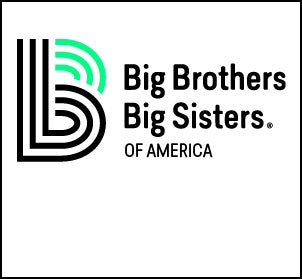
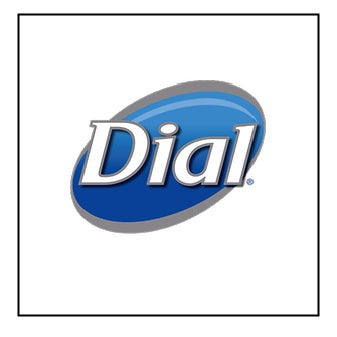

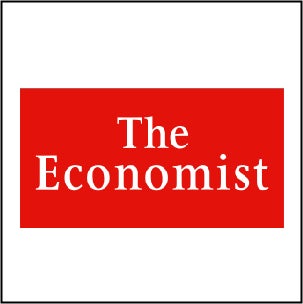

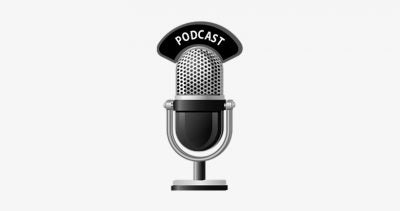

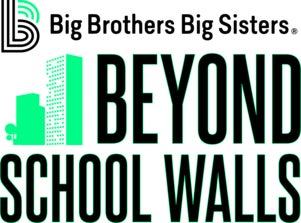
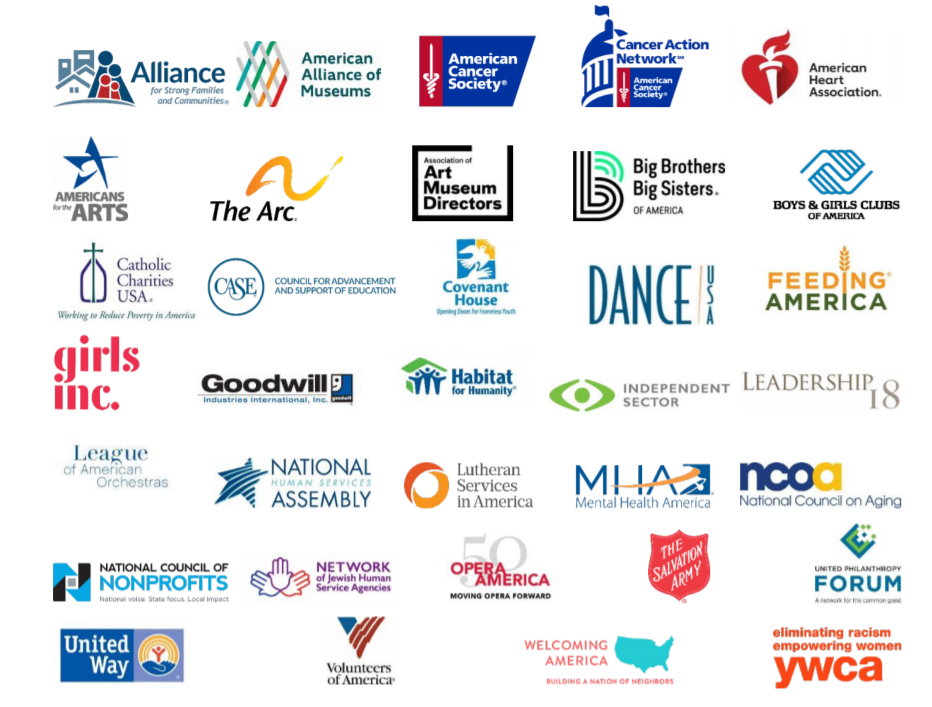
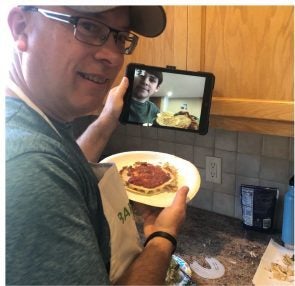
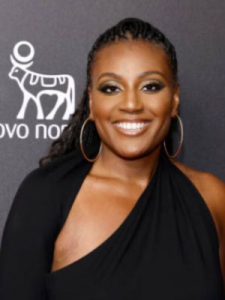


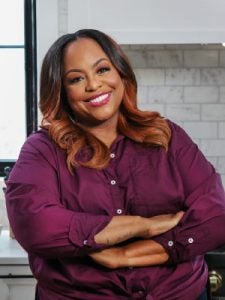
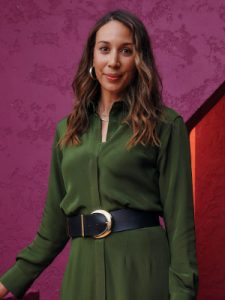

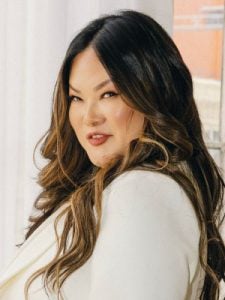
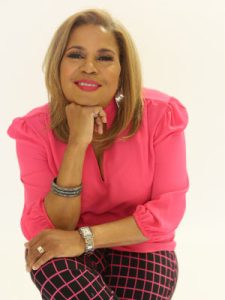


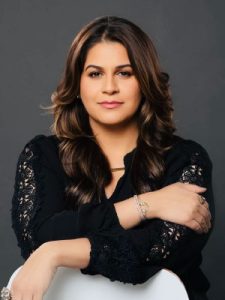
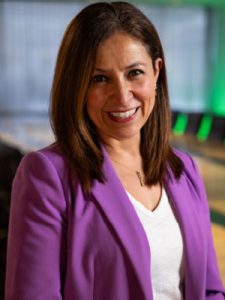
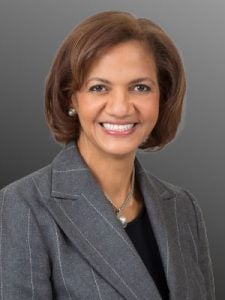

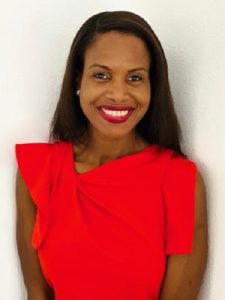



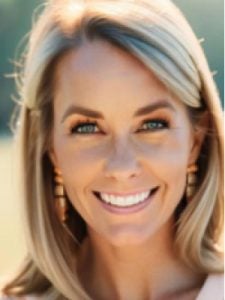

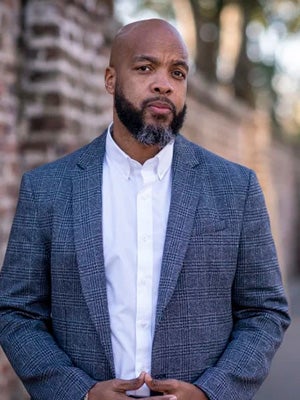 Trymaine Lee
Trymaine Lee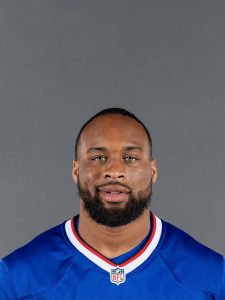 Ray Davis
Ray Davis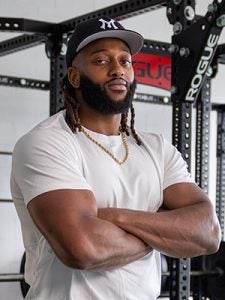 Osa Odighizuwa
Osa Odighizuwa